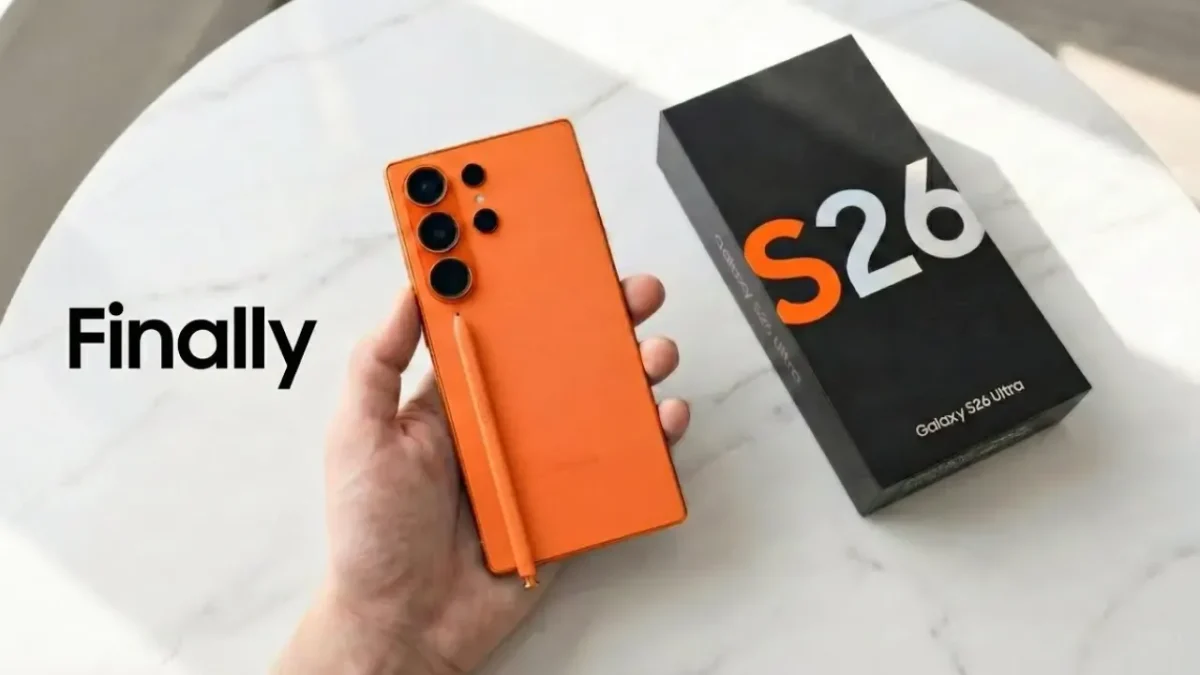AUTODESK
 How Autodesk got its chatbot the smarts needed to increase engagement, conversions
How Autodesk got its chatbot the smarts needed to increase engagement, conversionsThe concept of chatbots is great for companies that are looking for efficiencies - hand off simple communication tasks to automation so that humans can either concentrate on more complicated work, or be eliminated altogether. But have chatbots lived up to their promise?A recent survey from automation provider Pegasystems says that chatbots have lagged significantly behind customer expectations, mostly because they are not smart enough.At our MarTech East conference earlier this month in Boston, Autodesk's Head of Digital Marketing Siara Nazir explained how her team was able to deliver more intelligent chat room experience using artificial intelligence (AI). According to her and her team, chatbots, paired with the right tech, can increase engagement and speed up conversions.Consumers want more intelligence from their bots. Pegasystems recently surveyed 3,500 global consumers and found that most consumers are okay with short chatbot dialogues, 65 percent still prefer to interact with a human being.The frustration comes from what consumers say is a lack of intelligence. Slightly more than a quarter (27 percent) said their biggest problem with chatbots is the inability to answer questions, and 23 percent complained that chatbots can not comprehend context.A solid majority (72 percent) of consumers who've used chatbots said they find them helpful to some degree. But 58 percent ranked their chatbot experiences as merely 'adequate.' Eighteen percent said they find them ineffective or even annoying."As chatbots become more pervasive, the quality of the engagement has lagged significantly behind customer expectations," said Ying Chen, head of product marketing, platform technologies at Pegasystems."To truly depend on digital channels as a first line of defense in customer service, smart businesses need to unite their chat rooms with the enterprise systems that can do real work - not just fetch bits of random information," said Chen. "At the same time, they must apply advanced artificial intelligence to deliver true interactions in real time."
Is AI the answer? Autodesk 'Nazir showed MarTech attendees how their company used artificial intelligence (AI) to create messaging that responded to a changing, younger demographic than the company had spoken to before.Autodesk had dabbled with AI as an engagement tool before it was created. Inspired by AVA, Nazir's team worked to create a more effective and interactive chatbot experience - with a goal to speed up the company's rate of conversions."Our own chatbot [like AVA] is also AI / ML (machine learning)," Nazir said, "but it [creates the dialogue based on] Google keywords and is able, through the machine learning we've done, to connect the customer to the eventual information that leads them to a conversion faster. Our typical conversion rates were 68 days long across 6 keywords and the goal was to cut that down to one week and one to two keywords. "The company also updated its chat interface to be more modern, "more Instagram-like," and then deployed it. At first they did not see any demonstrable changes, but then the machine learning kicked in and the results were clear: three times the chat engagement and 109 percent more time spent on page.Other companies are also introducing AI to their chatbots. This week, Intercom launched Answer Bot, to chatbot that uses machine learning to help businesses automatically answer customers' most frequently asked questions.With the right tech, chatbots will secure their place in modern marketing. Chatbots are not going away. Gartner predicts that by 2020, 25 percent of customer service and support teams will have them in operation.Nazir said she thinks that smarter chatbots, along with a younger demographic, will help chatbots live up to their potential."I think chatbots in the past were not as good as it's possible," Nazir said. "As the younger generation is coming into the population as 'spenders,' they are also much more comfortable making decisions without talking to a person. They are able to consume information that helps inform their decision in a way that has not been done in the past. They are very comfortable with technology, when in the past this was a major hurdle to overcome in order to allow chatbots to show their benefit. The market has also changed. With machine learning they are exponentially more intelligent."Chatbots will make a comeback in a big way in the future," Nazir said. "But the right technology and experience have to be at its foundation. More importantly I think AI is disguising itself the chat or chatbots right now and this will actually be a new gateway into a whole new and different era of how we market and optimize. The chatbots we developed were created to give marketers a peek into what's possible. "
Robin Kurzer

No comments:
Post a Comment